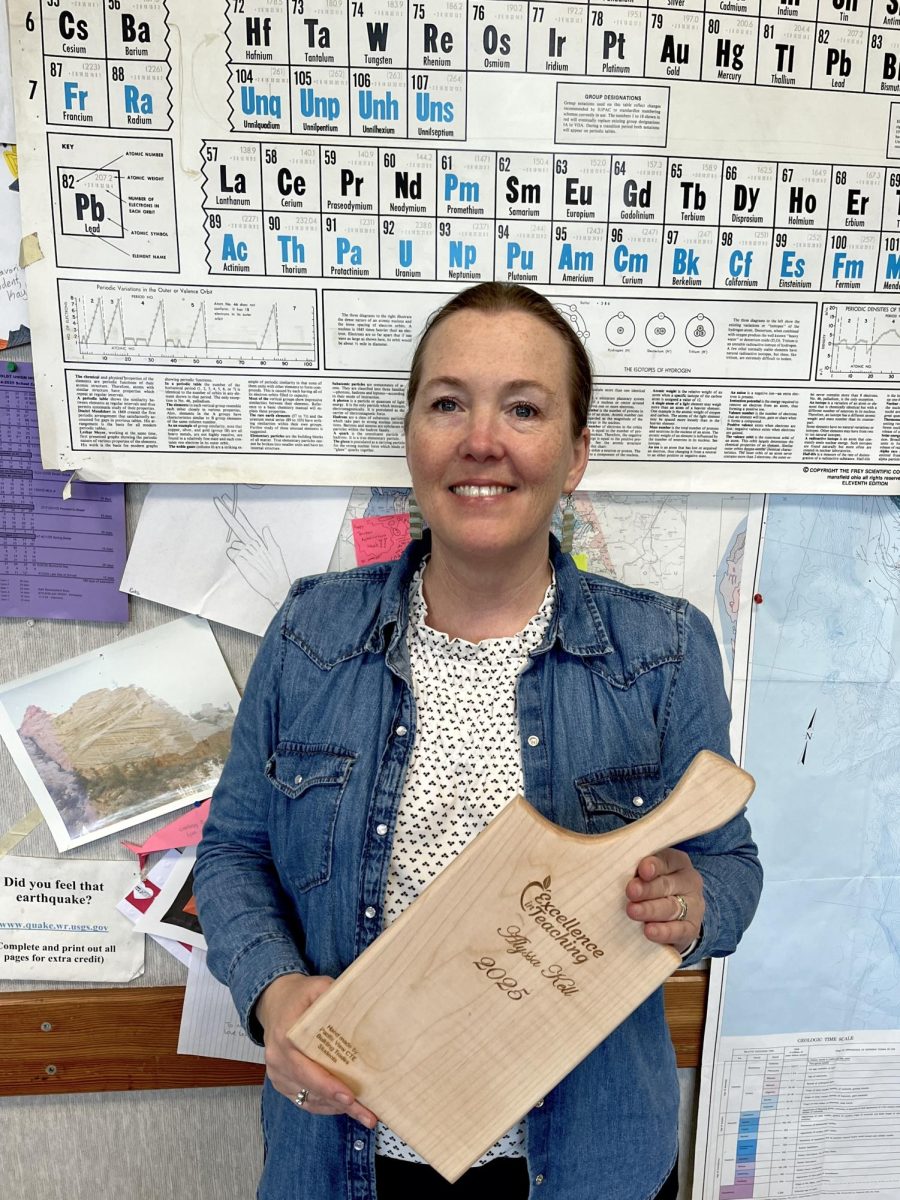 Every March, Women’s History Month has continued to serve as a reminder of the valuable contributions of women throughout our history and their ongoing efforts to advocate for themselves. This month provides an opportunity to reflect on the achievements and legacies of women across various fields and disciplines.
Every March, Women’s History Month has continued to serve as a reminder of the valuable contributions of women throughout our history and their ongoing efforts to advocate for themselves. This month provides an opportunity to reflect on the achievements and legacies of women across various fields and disciplines.
Sophomore Ilana Maclay thinks that Women’s History Month is an important reminder that gender inequality is still a pressing issue. “I think by taking a month to look at things and appreciate women more deeply than they would be otherwise, there’s more recognition,” Maclay said.
This year’s theme, made by The National Women’s History Alli-
ance, focuses on women who advocate for equity, diversity, and inclusion. It highlights the endeavors of women across the nation, diligently working to eradicate bias and discrimination from their lives and institutions. Through their dedication, these women inspire positive change, fostering a more inclusive society for all.
“I think it’s pretty cool having a whole month because we deserve
it and it shows like how much we have now vs. then,” sophomore Tae Wolford said.
According to The National WWII Museum, the fight for Women’s History Month traces back to 1978 in Santa Rosa, California. The Education Task Force of Sonoma County Commission on the Status of Women planned a “Women’s History Week” celebration during the week of March 8 to correspond with International Women’s Day.
The inaugural initiative aimed to honor and recognize the role of women in shaping society, culture, and history. It wasn’t initially intended to be an annual event, but in 1981, Congress recognized the growing significance of this commemoration. They officially authorized and requested the President to proclaim the week beginning March 7, 1982, as Women’s History Week. Then in 1987, Congress designated March as Women’s History Month. Since then, March has served as an annual occasion to celebrate the remarkable achievements and contributions of women while also reflecting on the ongoing struggle for gender equality.
For many individuals, Women’s History Month serves as a time for reflection and appreciation, persuading deeper conversations about the challenges women face and the progress that has been made.
“I think that [Women’s History Month] is important because it shows how in the past [people] didn’t support women or any of
that, and I think having one day or a month to support women shows how we matter,” Mae Wolford said.
The United States stands as the only country that dedicates an entire month to honor women, while many other countries have International Women’s Day on March 8.
Senior and Women’s Advocacy Club treasurer Amelie Rebstock thinks that women should be celebrated every day, not just a month, a day, or a week. But for those countries that don’t have a month dedicated to women, they should try to celebrate longer.
“Sometimes having a whole month is hard, even though it
shouldn’t be hard to recognize your women, but some countries don’t have months for everything,” senior and Women’s Advocacy Club President Natalie Dreyer said. “I think that the U.S. does that because we have a larger history of oppression in those areas.”
The sentiment underscores the importance of extending the celebration beyond a single day to honor and acknowledge the myriad contributions of women.
“I think that things between men and women will never be equal because that’s just how society is and people have just gotten used to it,” Tae Wolford said.





























